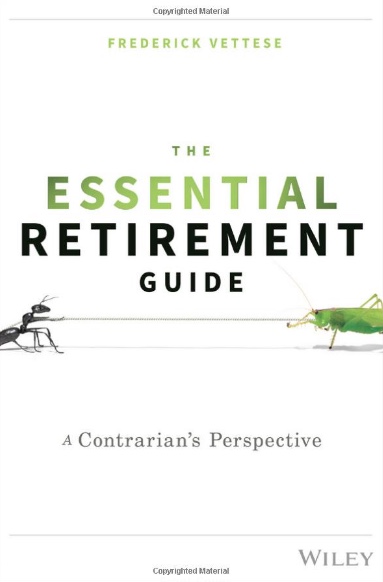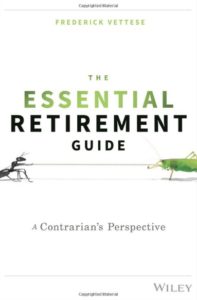This is a financial planning book focused on middle-income or upper-income workers. Low-income people, defined here as at the bottom of 30 percent or so of the workforce, definitely need retirement target income exceeding 70 percent of their final pay. They’ve already been well taken care of with pensions from government programs.
The keynote of The Essential Retirement Guide:
- Financial plans must be taken before we are getting older.
When coming to the financial abilities, people in their 80s were generally more confident than those in their 60s, even though the older ones scored barely half compared to the highest. While older test subjects scored quite poorly by any absolute or relative measure, their confidence in their financial abilities was actually higher than that of their younger counterparts. Preemptive measures need to be taken. We should handle this while we are still young enough to use whatever insights we have at our disposal.
2. Your financial strategy should be simple.
Keeping your financial strategy simple may not be an optimal choice, but it is better than varying the mix for the wrong reasons. There is no correlation between high fees and high returns.
3.Exposing yourself unduly to downside risks is irrational if the only upside is to produce a windfall gain that you do not really need.
4.Long-term care insurance is not an effective choice
Insurance is most effective when
- The potential losses from which you are seeking protection are easily understood and quantifiable.
- The cost of the insurance seems reasonable relative to the coverage.
- Any losses over a given threshold would be fully reimbursed by the insurance
However, Long-term care insurance doesn’t meet the criteria.
5. Don’t overspend
In a consumerist society, our reach tends to beyond our grasp. If you make $80,000 a year, pretend as if it were just $70,000 and save the rest.
In summary, the author, Frederick Vettese, specializes in actuary and has spent his whole career in retirement consulting and workplace pension plans. He provides a lot of insights about retirement planning using his actuarial expertise. In addition, he uses a lot of contextual scenarios in explaining concepts such as wealth target and workplace pension plans. It’s a highly recommended book.


